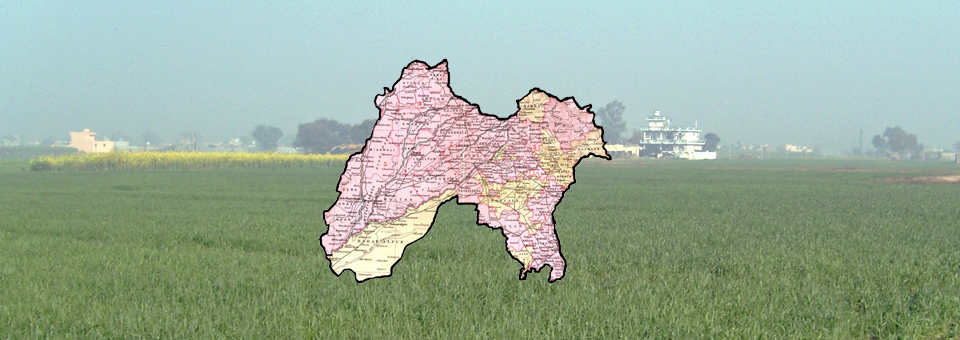Should the EU referendum result be a cause of celebration for Sikhs? Our recent history has revolved around the Anandpur Sahib Resolution with which we demanded a decentralised federal system in India, where Sikhs are a minority just as we are in Europe. To then stand up and say our interests are best served by remaining in Europe may on the surface seem contradictory; so how can this apparent contradiction be reconciled? The utmost concern of Sikhs at this time is to preserve and protect our identity and way of life, and it is with this in mind we should consider our stance on Europe.
It would not be an overstatement to say that Europe has dominated world politics over the last few centuries; as such European thought and philosophy have been the subject of scholarly debate across the globe. Europe has a long history of Pogroms against minority group identities, in particular the Jews. This is no better exemplified by the demographic makeup of Lviv in present day Ukraine. Before 1914 it was part of the Austro-Hungarian empire. Poles and Jews made up 49.4% and 26.5% respectively of the total population, now they make up 0.9% and 0.3%. In the opening months of World War I Lviv fell to the Russian army and shifted back and forth a few times before the end of the war. When the Austrian, German and Russian monarchies were dissolved at the end of the war, it was fought over by the newly created states of Poland and Ukraine which led to a Pogrom in which over a 100 Jews were killed. It remained in Polish hands until 1939, then under the Nazi-Soviet pact it came under the control of the Soviet Union, only to become part of German occupied Poland when Germany declared war on the Soviets in 1941. In January 1945, the City fell to the Soviets again and eventually in 1989 became part of modern day Ukraine. Each time Lviv changed hands it was accompanied by state sponsored (or tolerated) ethnic killings on a mass scale.
The 1918 Jewish Pogrom convinced the Allies to force Poland and other Eastern European successor states to sign minority treaties under a League of Nations mandate in which their sovereignty was conditional on their treatment of minorities within their borders. These nation states were now subject to international oversight and were threatened with intervention if minority groups were mistreated. For the first time the international community had recognised the limitations of Westphalian sovereignty; that individual nation states have the capacity to treat whole groups of people within their borders as outlaws and therefore additional external guarantees are imperative to protect their basic human rights. Unfortunately, Poland saw the minority treaties as a national humiliation and renounced them in September 1934. This highlighted the problem of framing the law in such a way that would be sensitive to the feelings of the majority community whilst protecting the rights of minorities.
International law now defines and prohibits state killings in two ways, as Genocide or crimes against humanity – the former being committed against a group and the latter against a (large number of) individuals. Genocide focuses on the official intention to eliminate whole groups which can be difficult to prove and this was one of the reasons crimes against humanity and not Genocide was included amongst the indictments at Nuremberg. The other reason was the need to show that minorities were not being given any special treatment, rather, that they had the same rights that should apply universally to everyone regardless of race, religion or gender.
In order to uphold human rights, it is essential to have a source outside the reach of national Governments to define what they are. The idea of the European Union is one of many nations united by fundamental human rights espoused by the European Convention on Human Rights. Europe is a place where human values transcend borders and boundaries. Sikhs benefitted from this relationship, but more importantly it upheld values that we hold in the highest regard. It is not in our nature to hold regret over what has transpired and we will move forward as best we can in the new environment, but as a community I would say that this result is not one which we welcome.




